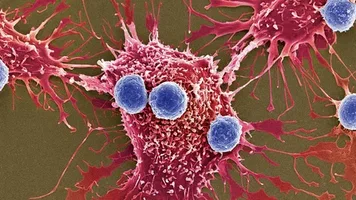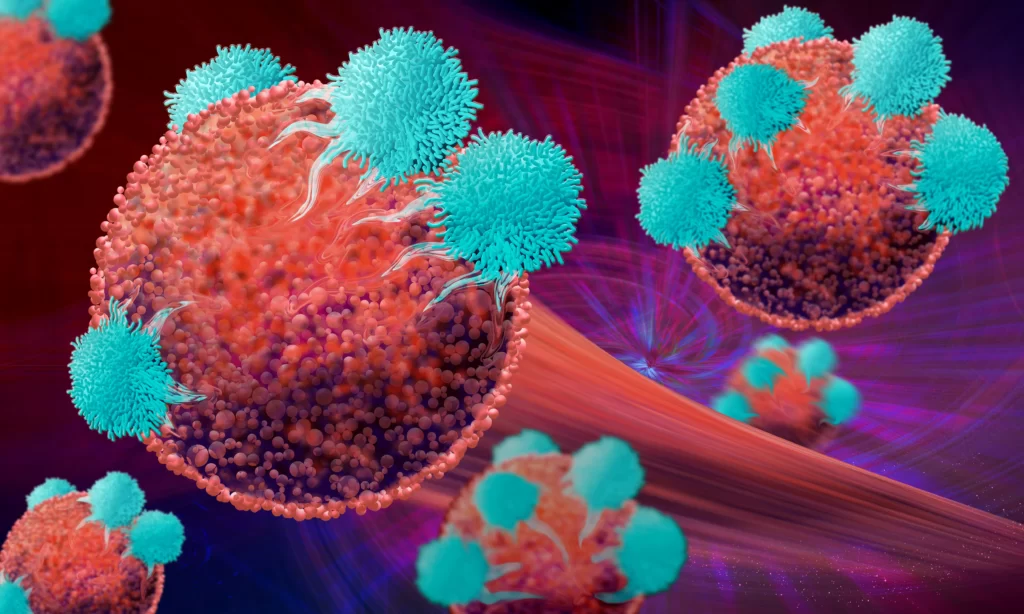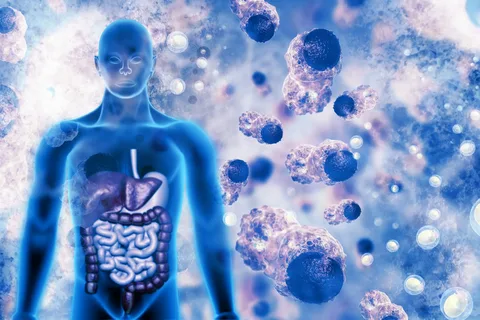When is Hormone Therapy Given
Your healthcare provider may give you hormone therapy before or after other cancer treatments. If hormone therapy is given before your initial treatment, it's called neoadjuvant therapy. These treatments help kill cancer cells and help make primary treatment, often surgical, work better.
If they're given after your initial treatment, it's called adjuvant therapy to improve your chances of cure.
For some types of cancer, hormone therapy is given as soon as cancer is diagnosed and before any other treatment. It may shrink the tumor or stop the disease from growing.
 English
English







